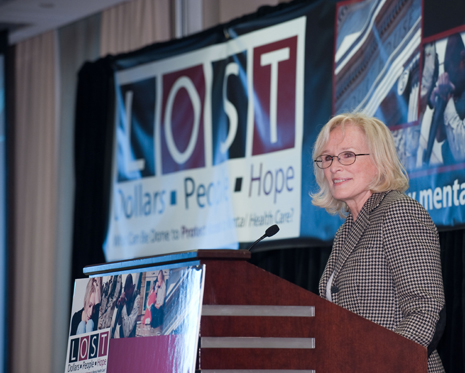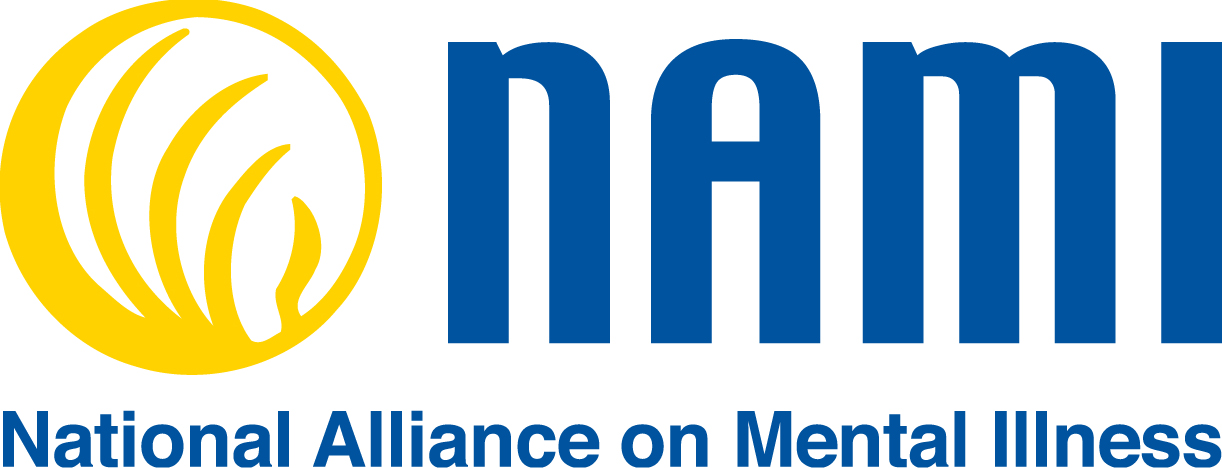
I took a day from writing yesterday to attend an all-day symposium in Washington D.C. that was entitled LOST: Dollars, People, Hope. The keynote was given by Tipper Gore, a long time advocate. The thrust of her speech was that we needed to tie mental health to bigger issues that are important to all Americans if we want to stop Congress from cutting federal mental health funding. Her first example was war.
Gore said that 18 veterans die each day by their own hands, an alarming statistic and an example of why we need a better mental health care system. If we just complain to politicians about mental health care cuts, she said, we probably will be met with deaf ears. But if we explain that those cuts are going to penalize veterans who are suffering mental health problems because of their service to our country — then Congress will be more likely to authorize funding.







